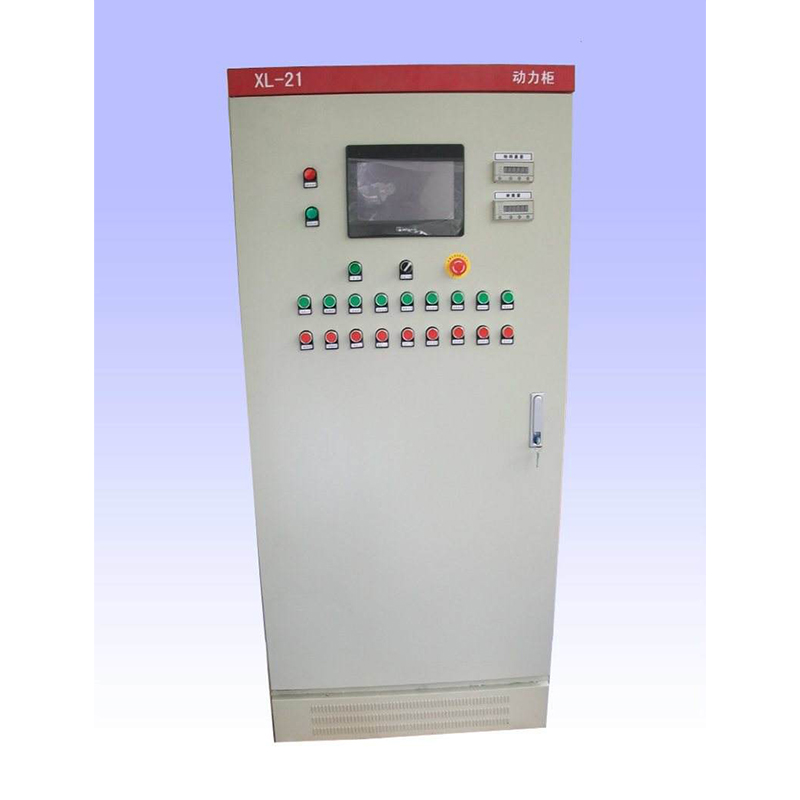
Nov . 10, 2024 23:04
Back to list
Understanding the Functionality and Applications of Electric Valves in Modern Systems
Understanding Electric Valves A Key Component in Modern Automation
Electric valves play a crucial role in contemporary industrial applications, serving as essential components for controlling fluid flow in various systems. Their precise operation, reliability, and ease of integration into automated systems make them a preferred choice across numerous sectors, including water treatment, HVAC, agriculture, and chemical processing.
An electric valve operates by using an electric actuator to control the position of the valve, which in turn regulates the flow of liquids or gases through the pipeline. The actuators are powered by electricity, which provides several advantages over traditional manual valves. This automation reduces the need for manual intervention, allowing for remote operation and monitoring. This is particularly beneficial in hazardous environments where human presence is minimal or not desirable.
One of the primary benefits of electric valves is their ability to provide precise control over flow rates and pressure. With the integration of sensors and smart controls, these valves can automatically adjust to changing conditions in real time, ensuring optimal system performance. For example, in a chemical processing plant, maintaining the correct flow rate is essential to prevent reactions from becoming unstable. Electric valves can adjust instantly to maintain these parameters, enhancing both safety and efficiency.
Furthermore, electric valves contribute significantly to energy savings and operational efficiency. By utilizing advanced technologies, such as variable frequency drives (VFDs) and proportional control, these valves can minimize energy consumption while maintaining system performance. This is especially important in large industrial operations where energy costs can represent a significant portion of overall expenses.
electric valve

In addition to energy efficiency, electric valves offer enhanced reliability and reduced maintenance
. Electric actuators are designed to withstand harsh conditions, including extreme temperatures, corrosive environments, and high-pressure applications. Compared to pneumatic or hydraulic systems, electric systems require less maintenance, translating into lower operational costs and reduced downtime for businesses.The versatility of electric valves is another key advantage. They come in various types, including globe valves, ball valves, butterfly valves, and gate valves, each suitable for different applications and fluid types. This diversity allows engineers to select the most appropriate valve type based on specific operational requirements, ensuring optimal performance and longevity.
Integration with modern control systems is another critical aspect of electric valves. With the rise of the Industrial Internet of Things (IIoT), smart electric valves can now communicate with other devices within a network, providing data that can be analyzed for predictive maintenance and system optimization. This connectivity facilitates advanced monitoring and control, leading to enhanced operational intelligence and improved decision-making.
Despite the numerous advantages, it is crucial to consider the potential challenges associated with electric valves. For instance, selecting the right size and type of valve for the application is vital to prevent issues such as cavitation or excessive wear. Additionally, the initial investment for electric valves can be higher compared to traditional valves, although the long-term savings often justify this cost.
In conclusion, electric valves are integral components in the realm of automation, providing precise control, energy efficiency, and reliability across various industries. As technology continues to evolve, the role of electric valves will only expand, further driving innovation and efficiency in industrial processes. Whether for minor irrigation systems or large chemical plants, electric valves will remain a cornerstone in the quest for improved automation and operational excellence. Understanding their features, benefits, and application is essential for stakeholders aiming to optimize their processes in an increasingly automated world.
Latest news
-
Safety Valve Spring-Loaded Design Overpressure ProtectionNewsJul.25,2025
-
Precision Voltage Regulator AC5 Accuracy Grade PerformanceNewsJul.25,2025
-
Natural Gas Pressure Regulating Skid Industrial Pipeline ApplicationsNewsJul.25,2025
-
Natural Gas Filter Stainless Steel Mesh Element DesignNewsJul.25,2025
-
Gas Pressure Regulator Valve Direct-Acting Spring-Loaded DesignNewsJul.25,2025
-
Decompression Equipment Multi-Stage Heat Exchange System DesignNewsJul.25,2025

